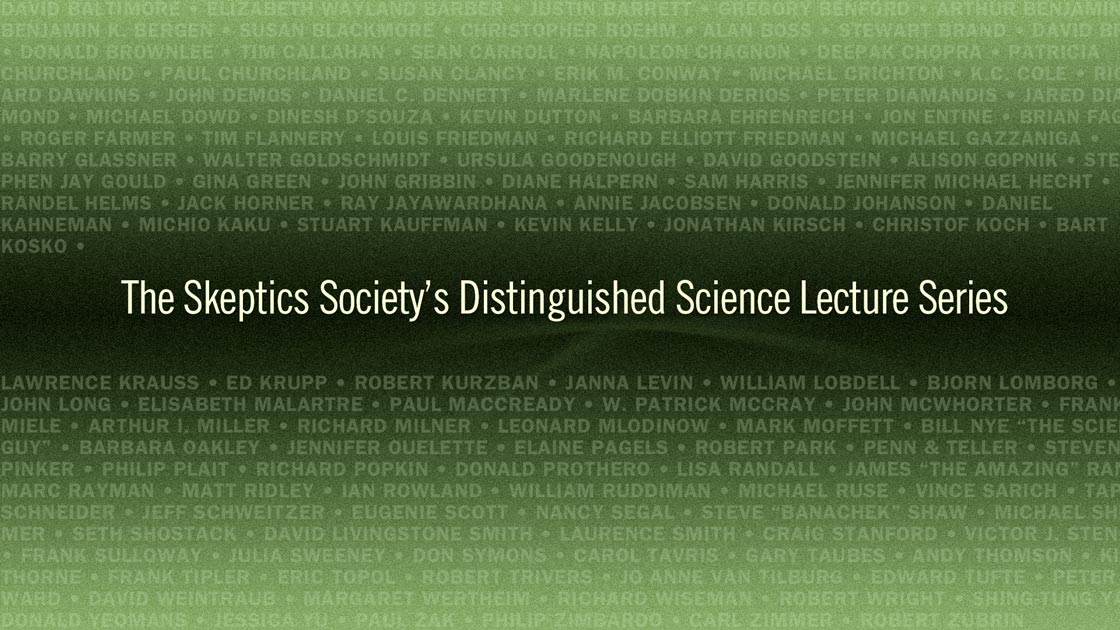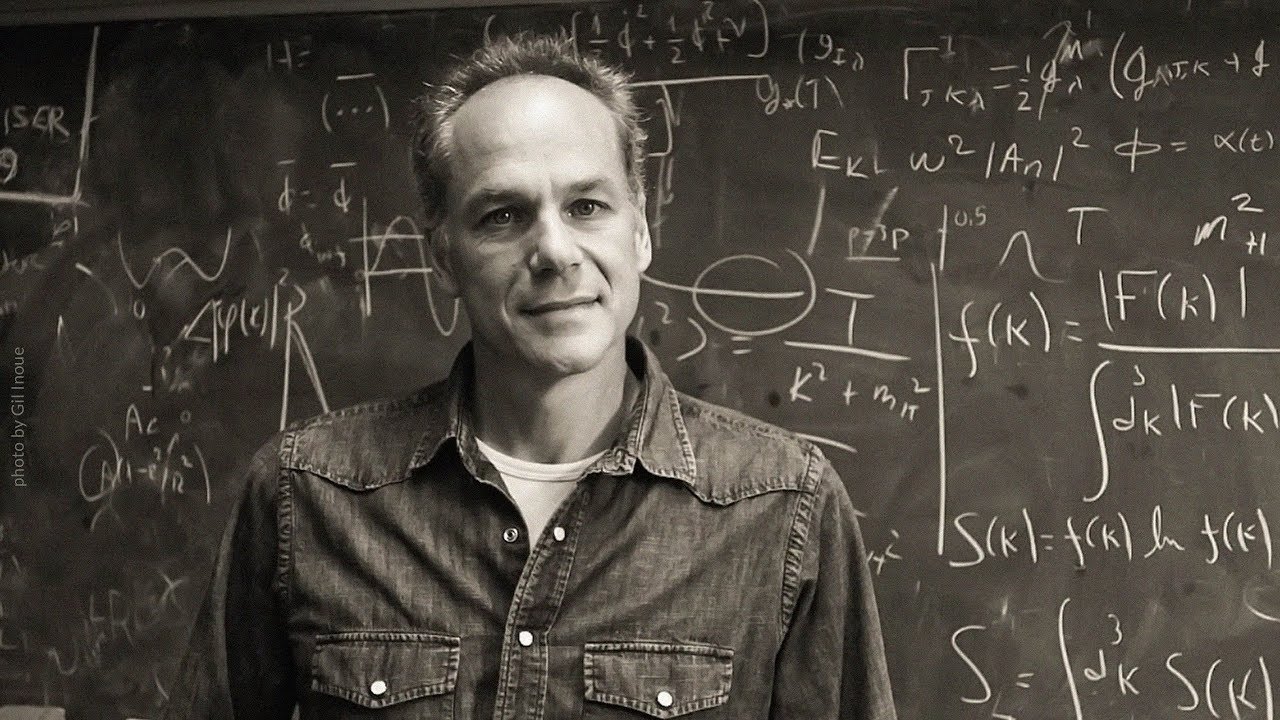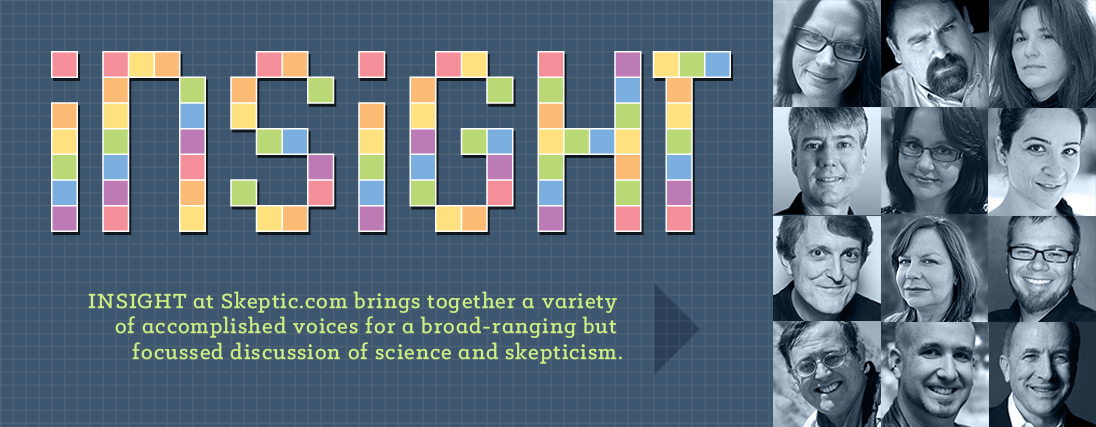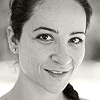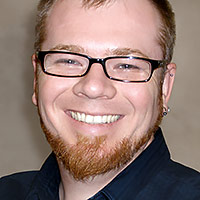In this week’s eSkeptic:
- Lectures at Caltech: Announcing Our Spring 2015 Lectures
- Distinguished Science Lecture: Dr. Marcelo Gleiser — Island of Knowledge: The Limits of Science & the Search for Meaning
- INSIGHT: Weekly Blog Highlights
- Skepticality Classic: The Trouble With Christmas
- Feature: Nickology, the S-effect, and the Quantum of Santa
Announcing the Spring 2015 Season
of Distinguished Science Lectures
MARK YOUR CALENDAR! The Skeptics Society is pleased to announce another season of our Distinguished Science Lecture Series at Caltech. All lectures begin on a Sunday at 2pm in Baxter Lecture Hall on the Caltech campus, unless otherwise stated (such as when lectures take place in Beckman Auditorium). Lecture events usually feature a Q&A period after the talk, and a book signing by the author. Also, lecture-goers are invited to meet and talk to the speaker and socialize with fellow skeptics over dinner and libations at Burger Continental in Pasadena. Missed a lecture? Most can be ordered on DVD.
Bill Nye, the Science Guy
in conversation with Michael Shermer, discussing Bill’s new book: Undeniable: Evolution and the Science of Creation
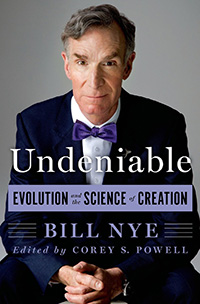

Sun., Jan. 25, 2015 at 2 pm
Beckman Auditorium
SPARKED BY A CONTROVERSIAL DEBATE in February 2014, Bill Nye has set off on an energetic campaign to spread awareness of evolution and the powerful way it shapes our lives. In Undeniable: Evolution and the Science of Creation, he explains why race does not really exist; evaluates the true promise and peril of genetically modified food; reveals how new species are born, in a dog kennel and in a London subway; takes a stroll through 4.5 billion years of time; and explores the new search for alien life, including aliens right here on Earth. With infectious enthusiasm, Bill Nye shows that evolution is much more than a rebuttal to creationism; it is an essential way to understand how nature works—and to change the world. Don’t miss this enlightening “In Conversation” with Bill Nye, hosted by Michael Shermer.
A book signing will follow the lecture. We will have copies of the book, Undeniable: Evolution and the Science of Creation, available for purchase. Can’t attend the lecture? Order Undeniable from Amazon.
Followed by…
- The Moral Arc: How Science Leads Humanity Toward Truth, Justice, and Freedom
with Dr. Michael Shermer
Sunday, February 8, 2015 at 2 pm - The Village Effect: How Face-to-Face Contact Can Make Us Healthier, Happier, and Smarter
with Dr. Susan Pinker
Sunday, March 29, 2015 at 2 pm - Living the Secular Life: New Answers to Old Questions
with Dr. Phil Zuckerman
Sunday, April 19, 2015 at 2 pm - How to Clone a Mammoth: The Science of De-Extinction
with Dr. Beth Shapiro
Sunday, May 3, 2015 at 2 pm - The Upright Thinkers: The Human Journey from Living in Trees to Understanding the Cosmos
with Dr. Leonard Mlodinow
Sunday, May 17, 2015 at 2 pm
DISTINGUISHED SCIENCE LECTURE
Dr. Marcelo Gleiser — Island of Knowledge: The Limits of Science & the Search for Meaning
Do all questions have answers? How much can we know about the world? Is there such a thing as an ultimate truth? To be human is to want to know, but what we are able to observe is only a tiny portion of what’s “out there.” In The Island of Knowledge, Dartmouth College astronomer and physicist Dr. Marcelo Gleiser traces our search for answers to the most fundamental questions of existence. In so doing, he reaches a provocative conclusion: science, the main tool we use to find answers, is fundamentally limited. Order The Island of Knowledge from Amazon.
You play a vital part in our commitment to promote science and reason. If you enjoyed this Distinguished Science Lecture, please show your support by making a donation.
Weekly Highlights
INSIGHT at Skeptic.com sheds light, offers critical perspective, and serves as a broadly accessible, evidence-based resource on mysteries of science, paranormal claims, and the wild, woolly, wonderful weirdness of the fringe. This week’s highlights are:

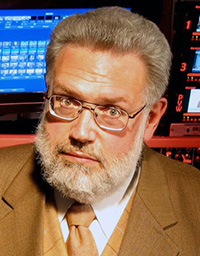
Skepticality Classic:
The Trouble With Christmas
SKEPTICALITY EPISODE 245
In this episode of Skepticality, Derek decides to get a bit nostalgic and brings you a classic interview from the Skepticality archives. Back in 2005, our first year, Swoopy and Derek had well known author Tom Flynn on the show for an interview about his book, The Trouble With Christmas. We figured it’s worth a replay, since it’s that time of year, and all…
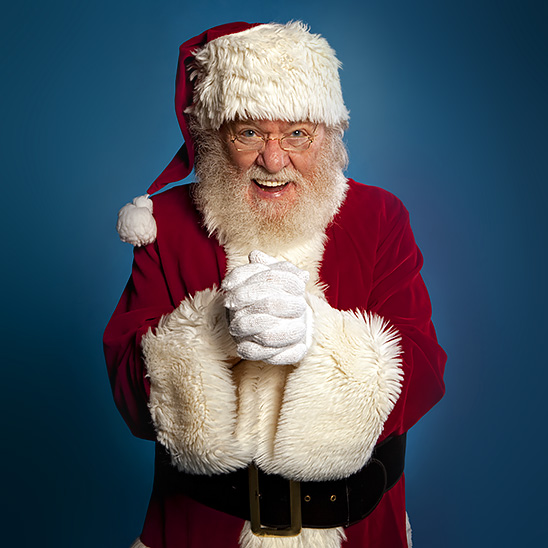
About this week’s eSkeptic
In issue 2.3 (1994) of Skeptic magazine, John Keller wrote a letter of analysis on “The Science of Santa,” taken from Spy magazine, in which he humorously demonstrated the impossibility of Santa delivering presents to hundreds of millions of children around the world in one night. For example, for Santa to visit 822.6 homes per second, the sleigh must travel at 650 miles per second. This will cause the lead pair of reindeer to absorb 14.3 quintillion joules of energy per second, bursting into flames and pinning Santa to the back of the sleigh by 4,315,015 pounds of force. Keller concluded that “if Santa ever did deliver presents on Christmas Eve, he’s dead now.”
In this week’s eSkeptic, we draw from the archives of Skeptic magazine issue 2.4 (1994) in which Gerald Huber, from Germany, begs to differ.
At the time this article was written, Gerald Huber was a student of mathematics at the University of Regensburg in south-east Bavaria. He studied logic theory and Ablian groups. The study of the paranormal and pseudoscience was his hobby.
Nickology, the S-effect,
and the Quantum of Santa
by Gerald Huber
As a long time professional Nickologist I can only conclude that John Keller is not familiar with the relevant literature. Though he may have a valid point with his refutation of some of the wilder claims of popular Nickology, his indiscriminate aspersions on the whole field betray a lack of scholarship and understanding.
Naturally, serious researchers of Nickology do not believe that there is literally an overweight, red-clothed man who delivers presents to all the children in the world. The intellectual nexus of Nickology is rather the investigation of certain mid-winter anomalies. “Santa” is an ontologically neutral term for these anomalies and implies none of the wilder theoretical constructs about reindeer or whatever. Unfortunately the word “Santa” has been tainted by the folklore version, so that those of us in the field encourage the use of the more neutral “S-effect.”
Impressive progress in Santa research has been made but, of course, I agree that so far there is no comprehensive theory which can integrate all the research results. If you compare the few decades which have been devoted to the serious investigation of Nickology with the 200 years which electromagnetism required in order to achieve its mathematical formulation through the Maxwell equations, then this becomes understandable. Then, too, critics are apt to overlook the fact that in comparison to the ever-present electromagnetic effects, the S-effect is rare and elusive and can only be observed with great difficulty. What we need is patience and more patience. Unfortunately, I must note that it is abusive articles like the one by Keller which make it difficult for serious Nickologists to achieve the acknowledgement from the scientific community which is needed to develop the field to a stage where the elusive effects can be harnessed and begin to contribute to the good of mankind as a whole.
Although there is strong suggestive evidence from the fields of microNickology (the careful statistical analysis of very small anomalies in gift distribution), responsible Nickologists don’t insist that the S-effect is proven beyond a reasonable doubt. As seekers of scientific truth the Nickologists remain open to the possibility that someday a mundane explanation for the noted anomalies might be found after all. We only ask the scientific community to accept that there are obviously phenomena which can and should be dealt with scientifically. Like all proto-science Nickology has not yet developed a fully systematized research program. It pains us that the so-called skeptics with their closed minds try to turn this into an unwarranted attack on the scientific status of Nickology. However, the history of science is replete with premature carping. If serious researchers were to pay undue attention to this quibbling, then progress in science would come to a halt.
Though total replication on demand of the mid-winter phenomenon cannot be guaranteed (though this is also true for all the social sciences), there are encouraging parallels in the experimental results from a number of experimenters in a variety of places using different protocols and experimental setups.
Of course, we agree that there are people out there who call themselves Nickologists, although they lack the scientific qualifications. There are also medical quacks, but does this invalidate the science of medicine? Nickology should be judged by its most responsible representatives, most precise data and most intellectually challenging theories, and not merely by those who make the easiest target. Instead of holding scientific Nickology responsible for the wild claims of the popular fringe, true skeptics should join with the sincere Nickologists in their effort to give this field a firm position in the scientific world by setting up chairs and research institutes.
A closer examination of Keller’s criticisms of Nickology shows them to be faulty and irrelevant. For example, in order to calculate the GDV (gift delivering velocity) he assumes that Santa has to be sequentially present at every spot where the S-effect takes place. However, recent advances in quantum mechanics suggest that such an assumption is unfounded. Modern Nickologist theory envisages the possibility that the S-effect is a non-localizable correlation between certain dates of the year and the frequencies of appearances of gifts. Though outside critics repeat like broken records their claim that these effects are in contradiction to physical laws, they only manage to demonstrate their own scientific ignorance. Keller’s criticism, I’m afraid, is based on an outdated worldview.
Many debunkers of Nickology claim that the burden of proof rests solely on the Nickologists. This attitude, however, is hardly the way to promote the growth of science. Instead, science proceeds by comparing various hypotheses against one another. But the debunkers avoid the honest and painstaking work of real scientists in developing and testing their theories. They confine themselves to attacking the models of the Nickologists without even trying to give positive alternative hypotheses (e.g., a detailed survey of gift distribution in Holland has shown that the observed effect cannot be explained totally in terms of a conventional theory). Although conventional theories like “Wealthy parents buy more costly gifts” explain the effect in part, there is still an intriguing residue of unexplained correlations. Instead of developing a model for these unexplained correlations and testing it, the skeptics (or “conventional theorists” as they should better be called) flatly reject the effect with glib remarks like “It’s obviously a coincidence.” Such an a priori attitude of refusing to even discuss an empirically established effect can hardly be called science.
Every argument which seems to be able to weaken the case for the S-effect, no matter how far-fetched, is brought into play. Critics like the well-known anti-Nickologist, Virginia, hold that even the pure possibility that a Nickologist may have faked his results makes them unreliable. Other sciences are, of course, not measured by such strict standards. Indeed, the application of such extreme measures would serve to make the pursuit of any science futile because you can never exclude fraud with absolute certainty. The self-proclaimed critics of Nickology don’t address this issue. Like any other science, Nickology is self-correcting and it can readily be observed that the most knowledgeable critics of Nickology are the Nickologists themselves.
Polemics and generalisations will not lead us towards a resolution of the Santa controversy; only careful research can do this. Unfortunately, articles like the one by Keller create a climate of witchhunting and make it hard for scientific Nickologists to get funding for future research (e.g. the Swiss Gnome Research Centre, which has long played a leading role in the investigation of the S-effect is now in grave danger of folding). So my plea to all truly rational skeptics can only be to think again and give Nickology the chance it deserves. It is not wounded pride which has prompted me to write this article, but the sincere fear that a true part of human experience might otherwise be lost to science. ![]()
Make your 2014 donations before
the end of the year.
Help your Skeptics Society—a 501(c)(3) nonprofit educational organization—to promote science and critical thinking. Read about this year’s annual fundraising drive. We are seeking your support in bringing our Distinguished Science Lecture Series at Caltech to the world. You can make a tax-deductible donation online using your credit card, or by downloading a printable donation card to make your donation by cheque. You may also make a donation by calling 1-626-794-3119. All donations are tax deductible.


